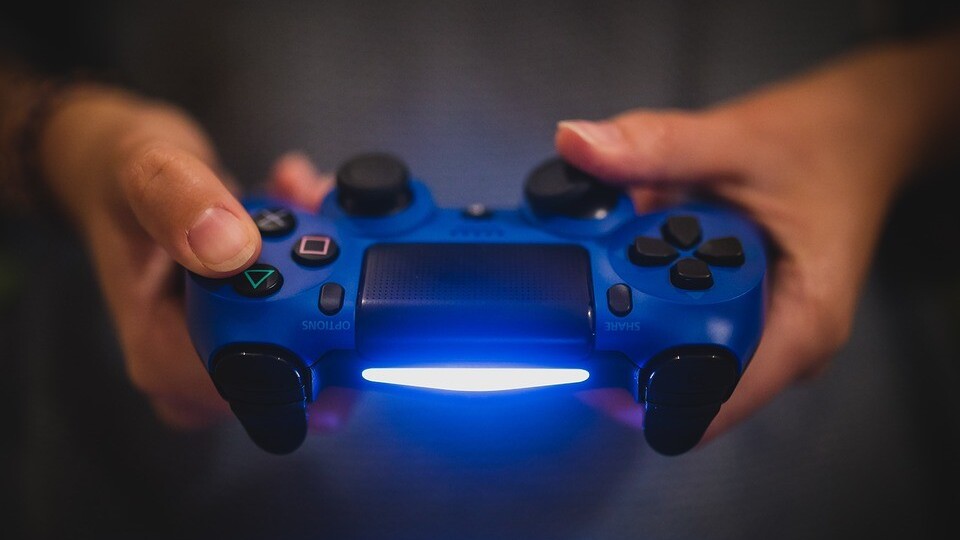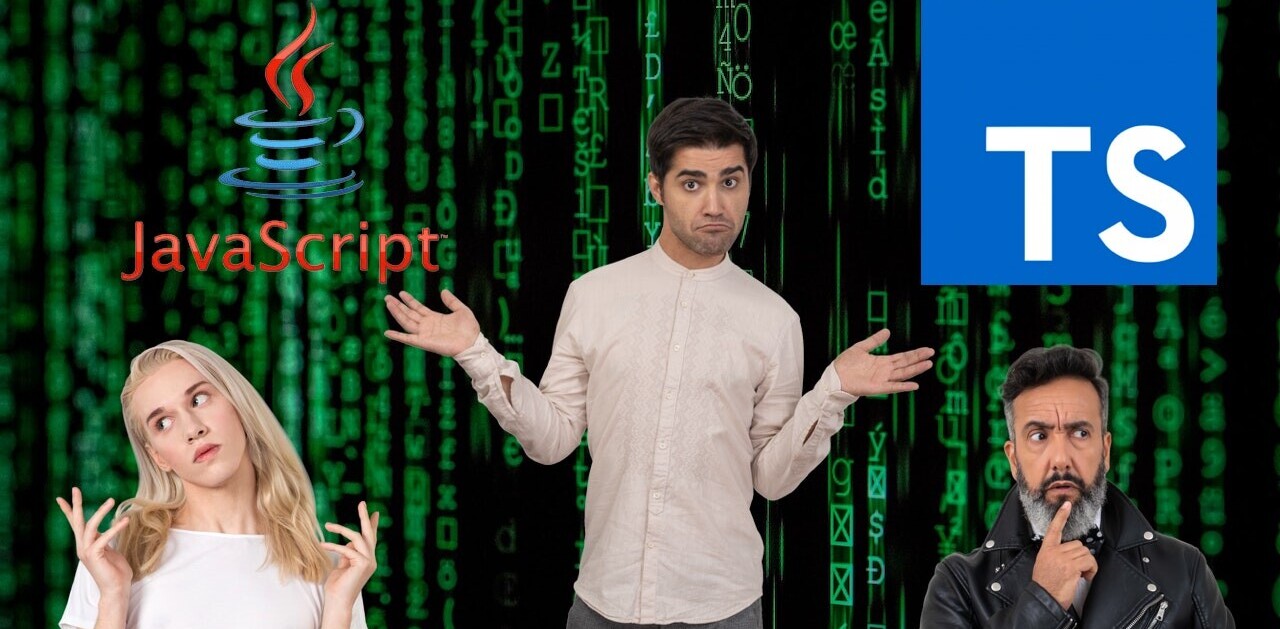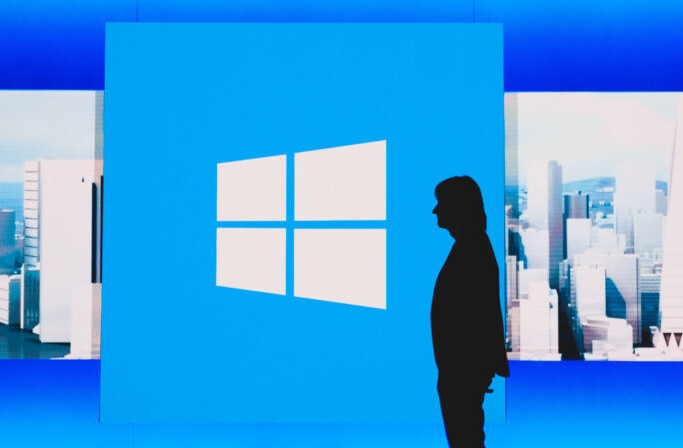
For the ongoing series, Code Word, we’re exploring if — and how — technology can protect individuals against sexual assault and harassment, and how it can help and support survivors.
Ever since the MeToo movement started, more and more women from across various professions and walks of life have come forward with their own stories of sexual assault and harassment. Now it appears it might just be the video game industry’s turn in the spotlight.
The floodgates opened when indie developer Nathalie Lawhead posted on her blog outing their alleged rapist — video game composer Jeremy Soule — and describing how their professional relationships were damaged after meeting him. While it’s a fairly lengthy read, I encourage everyone to read their post detailing how their livelihood suffered in the wake of their shared project — though I will add the content of it (and the other accounts here) can be disturbing.
I’ve been silent about this for almost my entire career and i can’t do it anymore. Sorry if this is rambling and messy, I’m scared shitless to out an industry legend like this but I can’t live with the secret anymore 1/2 pic.twitter.com/DpbhtuaoEP
— zoë “Citzen Candy Cane” quinn (@UnburntWitch) August 27, 2019
After this, developer Zoe Quinn, known for their work on Depression Quest, claimed that fellow indie developer Alec Holowka assaulted and abused them, as did another person they declined to name. A developer named Adelaide Gardner also came forward to accuse Luc Shelton, who works for a studio called Splash Damage, of assaulting and gaslighting her.
Since we're on the topic of Alec Holowka and other game devs who are sexual assaulters, Luc Shelton of Splash Damage assaulted me and gaslit me and at least one other woman two years ago and plenty (former) mutuals told me to stay quiet about it but I won't ever shut up anymore.
— Adelaide Gardner (@ohadelaide) August 27, 2019
In all of these cases, the accusers describe scenarios where they felt unable to (or in some cases, were explicitly told not to) publicly speak about the situation because indie development is a relatively small world and they feared professional backlash — though Gardner did also tweet she’d accused Shelton before and had received little reaction. In Lawhead’s case, their alleged attacker was also well-connected within the AAA gaming sphere. Others have since come forward to say they were “warned” about these men, and Holowka’s co-developer Scott Benson tweeted that he believed Quinn’s account of the situation:
so that was an absurdly worded tweet because it was in a stunned moment but- we believe zoe's account of alec's actions, we're very sad and very angry, this is all hitting us in the middle of the night, we'll have more to say about it tomorrow
— Fairytale Of NY [CLEAN VER] (@bombsfall) August 27, 2019
Many women in games participated in the MeToo movement after it took off in 2017. The movement itself began with allegations against film producer Harvey Weinstein, and later spiraled into a social media cause célèbre, in which women from all walks of life shared their experiences with rape, assault, harassment, and manipulation. Many in the gaming industry came forward and named names: IGN fired its then-editor-in-chief Steve Butts over “alleged misconduct,” as did Polygon with video producer Nick Robinson.
However, it’s often hard given the games industry has difficulty fostering a welcoming and inclusive environment — not to mention development teams can be almost overwhelmingly male. While any woman who’d been victimized was capable of saying “Me too” during the movement’s peak, a common theme for many who did was that they felt unable to speak up previously because of possible professional repercussions. It was certainly one of the reasons Weinstein’s accusers didn’t come forward. And the gaming industry was no different.
For example, we’ve heard recently that celebrated studios such as Quantic Dream and Riot Games have both fostered and defended internal cultures of inappropriate behavior, penalizing women who spoke up — and they’re far from the only ones, I’m sure. The latter recently settled a class action lawsuit involving forced arbitration on sexual harassment complaints.
It’s not exactly a fiery uprising like MeToo — these stories have been cropping up for years and the industry is only slowly changing as a result, if it’s changing at all. Regardless, I don’t think a full-blown revolution is necessary to engender positive support for the victims who do come forward — Lawhead, Quinn, and Gardner included.
[Update: This post originally misgendered Lawhead and Quinn. It has been corrected with our apologies.]
Get the TNW newsletter
Get the most important tech news in your inbox each week.




